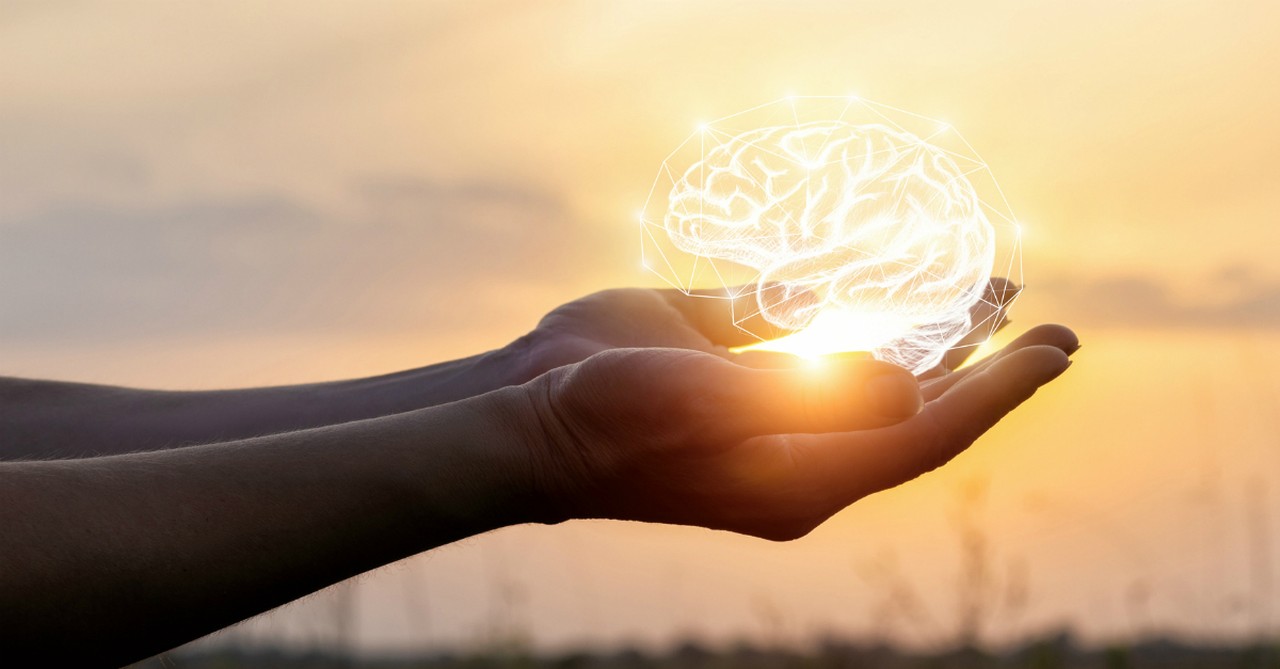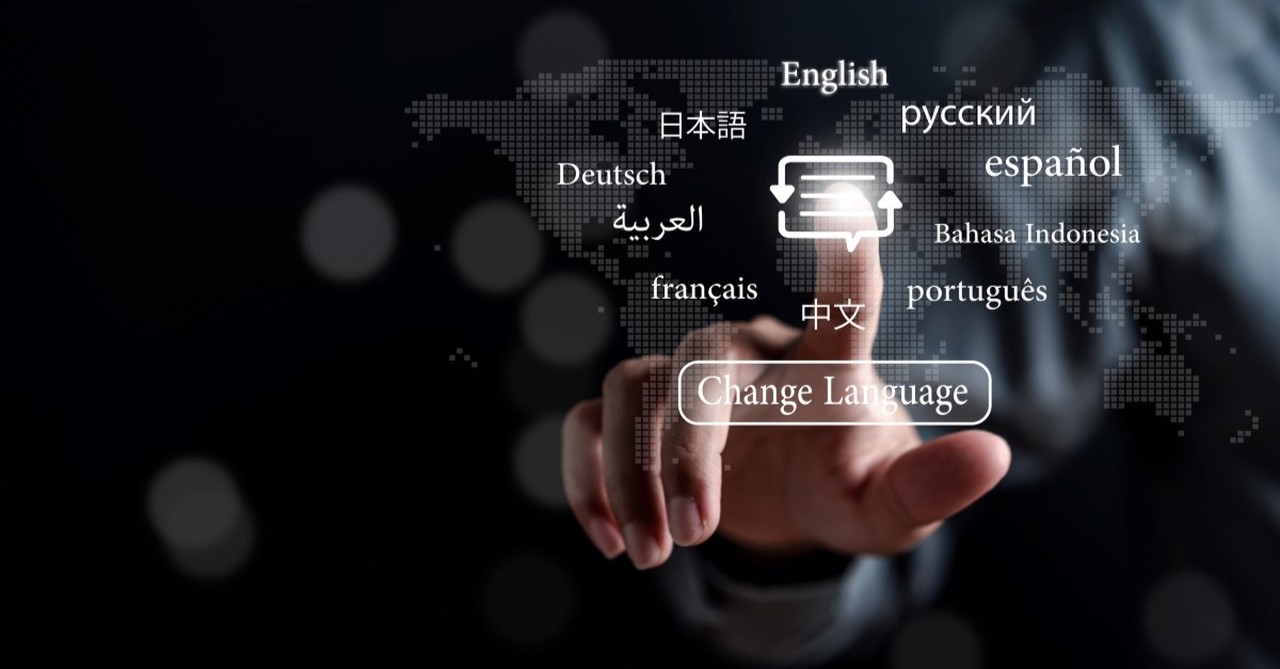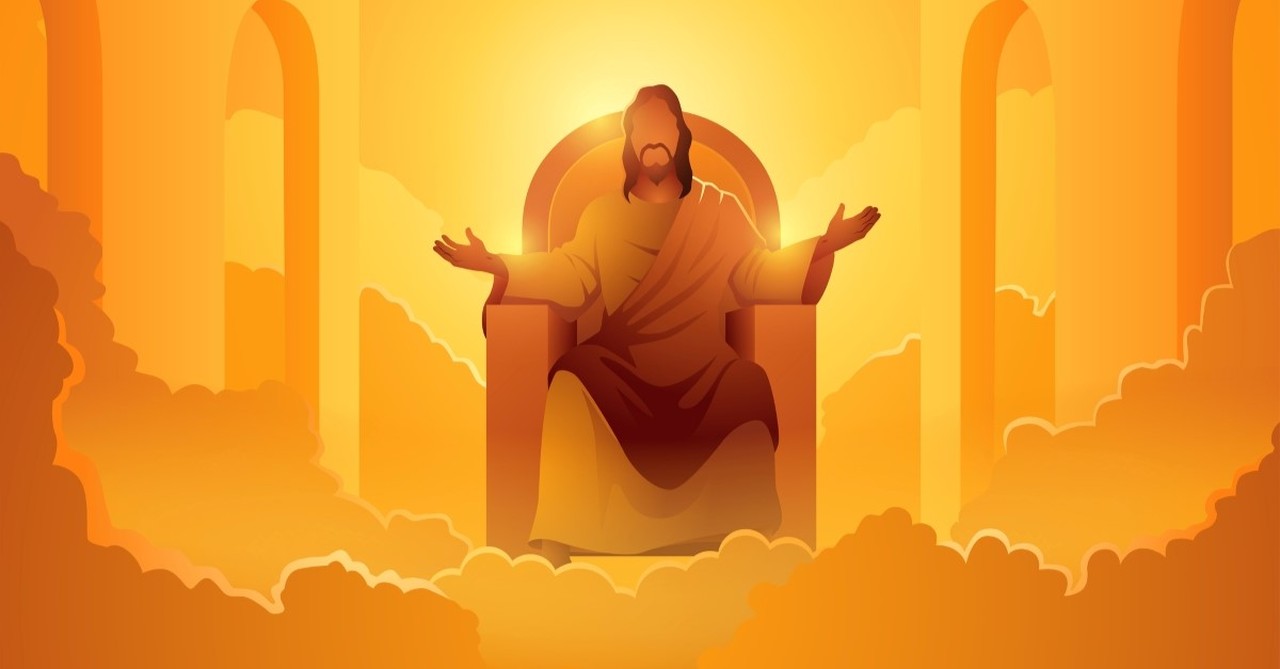7 Ways Humanity Is Distinct from the Rest of Creation

Humanity is a part of creation, yet we are different in many ways.
In Genesis 1, God creates our world across several days. God spoke and brought forth these elements, beginning with the dry land and seas and continuing through plants and animals. At the end of each day, God paused, looked at what he did, and declared it good.
Something special happened when he created humanity. First, instead of speaking humans forth, he formed man from the dust of the ground and breathed life into him (Genesis 2:7). Second, he intentionally made humanity in his own image and likeness. When he was done, the Bible says God saw it was “very good.” (Genesis 1:31).
From this beginning, men and women have been central to the story God is telling. What makes us so different?
Here are seven ways humanity is distinct from the rest of creation.
1. Given Authority Over All Creation

1. Given Authority Over All Creation
SLIDE 1 OF 7
When making man and woman in his image, God bestowed divine authority upon them over the living creatures and the earth itself. God expresses this in Genesis 1:26, “Then God said, ‘Let us make mankind in our image, in our likeness, so that they may rule over the fish in the sea and the birds in the sky, over the livestock and all the wild animals, and over all the creatures that move along the ground.’”
Men and women possess a unique role as stewards of the earth. Unlike any other created being, humans possess the capacity to exercise dominion over the natural world, shaping and cultivating it according to God’s purposes. This authority extends beyond mere dominance to a responsibility to nurture and preserve the environment, reflecting God’s wise and benevolent rule.
This authority over creation is rooted in their status as image-bearers of God. As beings created in the likeness of God, humans are endowed with inherent dignity and worth, reflecting the divine attributes of wisdom, creativity, and moral responsibility. This image-bearing status imbues humanity with a sacred purpose and mission to exercise their authority in alignment with God’s will and not to abuse Creation, which humanity has been plenty guilty of in many ways. Since God gives this authority, the Lord holds humankind accountable for exercising this with humility, wisdom, and compassion.
2. Direct Engagement with God

2. Direct Engagement with God
SLIDE 2 OF 7
Through being made in the image of God, humans possess the remarkable ability to communicate with their Creator on a personal and intimate level. This begins in the Garden of Eden, as shown in Genesis 3:8-9 after the man and woman sinned.
“Then the man and his wife heard the sound of the Lord God as he was walking in the garden in the cool of the day, and they hid from the Lord God among the trees of the garden. But the Lord God called to the man, ‘Where are you?’”
Walking with God was common in the Garden, and even after they disobeyed the Lord, he still spoke to them, and they in return.
Throughout the biblical narrative, numerous individuals, such as Abraham, Moses, David, and the prophets, experienced direct encounters with God through visions, dreams, and audible voices. These encounters often involved God imparting his will, guidance, and instruction to his chosen servants, illustrating the intimacy and accessibility of communication between God and humanity.
The ultimate demonstration of God’s desire for direct communication with humanity is found in the incarnation of Jesus Christ. In John 1:14, it is proclaimed, “The Word became flesh and made his dwelling among us.” Through Jesus Christ, God bridged the gap between divinity and humanity, offering Himself as the ultimate means of communication and reconciliation with humankind. Unfortunately, many reject this special privilege.
3. Intellect and Reasoning

3. Intellect and Reasoning
SLIDE 3 OF 7
The high capacity for intellect and reasoning sets humanity apart from creation. Men and women possess the ability to comprehend, analyze, and interpret the world around them, again reflecting the image of the Creator. Humanity needed this divine attribute to rule over animals, fish, and land properly.
The capacity for intellect and reasoning enables humans to engage in complex thought processes, problem-solving, and decision-making, contributing to their ability to innovate, create, and develop civilizations. This intellectual prowess empowers humanity to explore the mysteries of the universe, unravel the intricacies of science, and cultivate a deeper understanding of the world and their place within it.
In addition, this facilitates moral discernment and ethical reflection, guiding individuals in making choices that align with their values and beliefs. This capacity for moral reasoning distinguishes humans as moral agents capable of exercising free will and assuming responsibility for their actions. Without moral reasoning, humanity couldn’t build relationships and cultivate communities.
While this distinction allows for great good, it can also be leveraged in negative ways. The same reasoning that grants us the ability to comprehend truth can be perverted to spread lies and deceptions. Our reason and intellect come from God, and when cut off from the source, the gift can become a curse. We must always remember to submit our created abilities to the Creator.
Photo credit: ©GettyImages/Natali Mis
4. Complex Language

4. Complex Language
SLIDE 4 OF 7
From the very beginning, humans were able to speak a language with God, each other, and even the serpent. The ability to communicate through complex language distinguishes humankind from the rest of Creation. Humans can convey abstract ideas, emotions, and experiences with precision and nuance, unlike other creatures.
Genesis 2:19-20 records, “Now the Lord God had formed out of the ground all the wild animals and all the birds in the sky. He brought them to the man to see what he would name them; and whatever the man called each living creature, that was its name. So the man gave names to all the livestock, the birds in the sky and all the wild animals.”
Here, the first man names the animals, showcasing his capacity for language and organization.
It would be frustrating to have deep reasoning without the ability to communicate those thoughts. Complex language enables humans to share knowledge and ideas and collaborate on various endeavors. Through spoken and written language, humans communicate ideas, beliefs, and cultural practices across generations and geographical boundaries, fostering connection and understanding among diverse communities.
Language serves as a tool for creativity, enabling humans to express thought through literature, poetry, music, and art. Further, language can transmit values, beliefs, and truth. But as we see in the Garden, the serpent uses the ability meant for good to bring a lie and death to humanity (Genesis 3:1).
5. Advanced Creation and Innovation

5. Advanced Creation and Innovation
SLIDE 5 OF 7
Being made in the image of the Creator, humanity has the capacity for creation and innovation through the ability to image, invent, and innovate. God desired to shape the earth with their rule and authority through having children. “Be fruitful and increase in number; fill the earth and subdue it.” (Genesis 1:28)
Just as humanity used creativity with God to name the animals, God instructed Adam and Eve to multiply more people in the image of God to bring divine creativity to the rest of the earth.
Advanced creation and innovation empower humans to develop tools, technologies, and systems to enhance their quality of life, expand their knowledge, and address complex challenges. From the invention of the wheel to the development of sophisticated communication networks, humans have transformed their environment and improved the human condition.
Innovation enables humans to explore the mysteries of the universe, unravel the intricacies of science, and pioneer new frontiers of knowledge. Through scientific inquiry, technological advancement, and artistic expression, humans push the boundaries of what is known and discover new possibilities for the future. Innovation fosters economic prosperity, cultural enrichment, and societal progress. Art and literature bring ways to communicate deeper truths and connect with other people through new stories and experiences.
As positive as innovation can be, humankind has also created twisted methods of torture, pain, and death. Over the past century, humans have brought weapons of mass destruction upon the earth. Sin perverts what God means for good.
6. Morality and Ethics

6. Morality and Ethics
SLIDE 6 OF 7
Through innovation, reasoning, and complex communication, humanity has noticed its own ability to bring evil to the earth. Every society, therefore, develops some system of law, morality, and ethics to fight against the destruction man is capable of doing.
These systems of morality distinguish humanity from the rest of creation. The Scripture highlights this human ability to discern right from wrong, to contemplate ethical dilemmas, and to strive for moral excellence, connecting the idea of morality to being image-bearers.
In Genesis 1:27, it is recorded, “So God created mankind in his own image, in the image of God he created them; male and female he created them.” This foundational truth underscores humanity’s intrinsic worth and dignity, reflecting the moral attributes of their Creator.
Morality enables humans to act with integrity and compassion, and to pursue the common good. Through moral reasoning and ethical reflection, humans strive to live in harmony with God’s will and to fulfill their calling to love God and neighbor. These ethics provide a framework for social cohesion and cultural development, especially as encoded in the Law of the Old Testament. These shared values and norms shape the fabric of society.
However, since the nature of humanity has been corrupted from the fall of the Garden, morality and rules alone don’t stop sin and people hurting one another from selfish motives. Thankfully, God has provided a way to be reconciled to humankind’s purpose through the Lord Jesus Christ.
7. Possible Eternal Authority in the Kingdom

7. Possible Eternal Authority in the Kingdom
SLIDE 7 OF 7
God’s original plan was for humanity to lovingly rule creation alongside himself. Through the fall and sin, all of creation was brought into entropy. All things decline and lead to death.
Through the death and resurrection of Jesus, humanity and creation have a possibility for a new, better future. Romans 8:19-23 speaks of how all creation has been subjected to this corruption and desperately waits for the sons of God, the new creation Christians, to be revealed. At some point, God will recreate all heaven and earth.
In Revelation 20:6, it is proclaimed, “Blessed and holy are those who share in the first resurrection. The second death has no power over them, but they will be priests of God and of Christ and will reign with him for a thousand years.”
Reflecting the original design, the people of the resurrection will be given ruling authority in the New Heaven and New Earth under the guidance of the Father. As God’s children, Christians are co-heirs with Jesus, the King of Kings and the High Priest. Believers will share in God’s glory and rule with righteousness and justice.
This gives believers hope and encouragement. As they anticipate the fulfillment of God’s kingdom, Christians are inspired to live with purpose and dedication, striving to faithfully serve God and his people in anticipation of the eternal rewards that await them. Additionally, Christians should spread this Good News since the offer is available for all (John 3:16).
While animals or other created beings might have a taste of these abilities, only humanity has been made in the image of God. This image-bearing characteristic serves as the foundation of how different humankind is to every other created being, even angels. While angels are spirits like God, our future is to rule them in heaven (1 Corinthians 6:3).
Humanity’s distinction is both a privilege and a responsibility. God holds us accountable. Our only hope for fulfilling our calling in this world and the next is through complete reliance upon the Father through the Spirit and the Son. Let’s live lives of repentance, faith, and trust, knowing he has great things for us in his love.
Peace.
Related Podcast: Jesus brings victory in the kingdom through his resurrection. Have you ever wondered what God’s Kingdom is? Well, it’s God’s rule and reign in every aspect of life. Listen in as Nicole and David talk about kingdom versus empire.


Originally published April 16, 2024.









